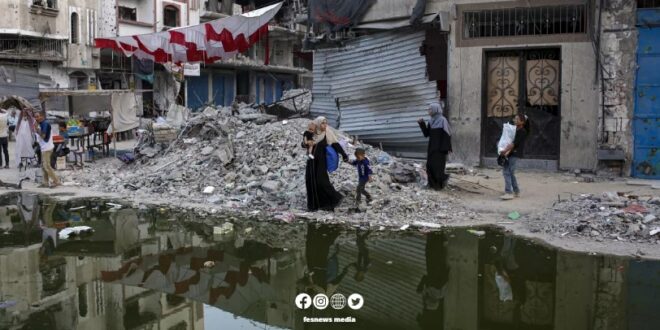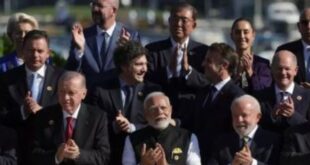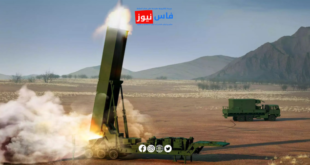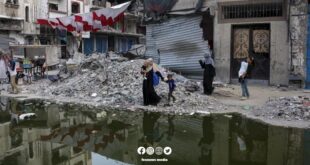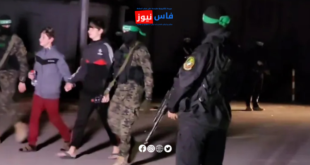Israel conducted new airstrikes on Hezbollah targets in Lebanon last night, following large-scale bombings that killed about 500 people on Monday, raising fears of a full-scale regional war nearly a year after the start of the war in Gaza.
The Israeli army announced that it had targeted “dozens of Hezbollah targets in multiple areas of southern Lebanon.” The previous strikes, which were the most intense since the start of the exchange of fire on the Israeli-Lebanese border in October 2023, targeted “about 1,600 terrorist targets” in southern Lebanon and the Bekaa Valley in the east, both strongholds of Hezbollah.
For its part, Hezbollah claimed responsibility for launching new “Fadi 2” rockets towards Israel. The Israeli army confirmed detecting about twenty launches.
The Israeli strikes on Monday resulted in 492 deaths, including 35 children and 58 women, and 1,645 injuries, according to the Lebanese Ministry of Health. The Israeli army reported killing a “large number” of Hezbollah members.
Thousands of Lebanese fled the targeted areas seeking refuge in Beirut and Sidon, the largest city in the south. Israeli Prime Minister Benjamin Netanyahu urged Lebanese citizens to “stay away from dangerous areas” pending the end of the “operation.”
The head of EU diplomacy, Josep Borrell, warned that the region is “on the brink of all-out war,” while France called for an emergency meeting of the UN Security Council on Lebanon this week.
Fear of a large-scale war in the Middle East will dominate the UN General Assembly, which begins today, Tuesday, in New York, at a time when military tension is escalating between the Israeli army and the Lebanese Hezbollah, supported by Iran and allied with the Palestinian Hamas.
Many countries, including Russia, Qatar, and Egypt, have expressed their concern about the situation. The G7 affirmed that “no country will benefit” from escalation in the Middle East, pointing to the risk of a “regional conflict with unimaginable consequences.
 فاس نيوز ميديا جريدة الكترونية جهوية تعنى بشؤون و أخبار جهة فاس مكناس – متجددة على مدار الساعة
فاس نيوز ميديا جريدة الكترونية جهوية تعنى بشؤون و أخبار جهة فاس مكناس – متجددة على مدار الساعة

